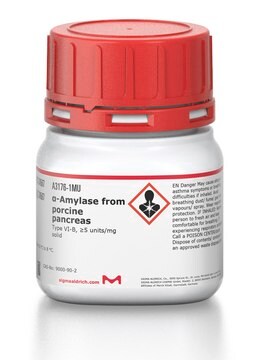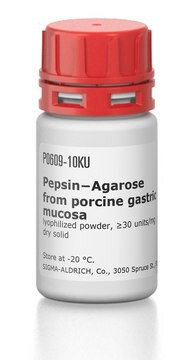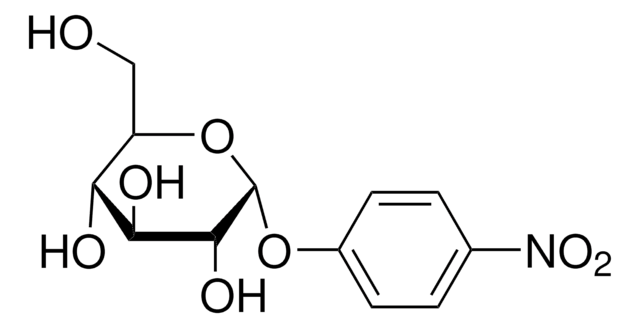ABS547
Anti-Pancreatic Lipase/PNLIP Antibody
serum, from rabbit
Sinónimos:
Pancreatic triacylglycerol lipase, PL, PTL, Pancreatic lipa, Pancreatic Lipase/PNLIP
About This Item
Productos recomendados
biological source
rabbit
Quality Level
antibody form
serum
antibody product type
primary antibodies
clone
polyclonal
species reactivity
mouse, rat, human
technique(s)
neutralization: suitable
western blot: suitable
NCBI accession no.
UniProt accession no.
shipped in
wet ice
target post-translational modification
unmodified
Gene Information
human ... PNLIP(5406)
General description
Specificity
Immunogen
Application
Signaling
Signaling Neuroscience
Western Blotting Analysis: A representative lot detected both wild-type and W340X mutated recombinant human pancreatic lipase-related protein-2 (PLRP2) in culture media and lysates from transfected 293T and COS-7 cells (Xiao, X., et al. (2011) J. Biol. Chem. 286(30):26353-26363).
Neutralizing Analysis: A representative lot inhibited colipase-dependent pancreatic lipase-related protein-2 (PLRP2) enzymatic activity in pancreas extracts from 4-day old mice (D′Agostino D, and Lowe ME. (2004) J. Nutr. 134(1):132-134).
Quality
Western Blotting Analysis: A 1:5,000 dilution of this antibody detected Pancreatic Lipase/PNLIP in 10 µg of human pancreas tissue lysate.
Target description
Physical form
Storage and Stability
Handling Recommendations: Upon receipt and prior to removing the cap, centrifuge the vial and gently mix the solution. Aliquot into microcentrifuge tubes and store at -20°C. Avoid repeated freeze/thaw cycles, which may damage IgG and affect product performance.
Other Notes
Disclaimer
¿No encuentra el producto adecuado?
Pruebe nuestro Herramienta de selección de productos.
Storage Class
10 - Combustible liquids
wgk_germany
WGK 1
Certificados de análisis (COA)
Busque Certificados de análisis (COA) introduciendo el número de lote del producto. Los números de lote se encuentran en la etiqueta del producto después de las palabras «Lot» o «Batch»
¿Ya tiene este producto?
Encuentre la documentación para los productos que ha comprado recientemente en la Biblioteca de documentos.
Nuestro equipo de científicos tiene experiencia en todas las áreas de investigación: Ciencias de la vida, Ciencia de los materiales, Síntesis química, Cromatografía, Analítica y muchas otras.
Póngase en contacto con el Servicio técnico








